Harris vs Trump on bicycling: What the 2024 presidential race means for cyclists
Import taxes, domestic bike production and safer streets—how Trump and Harris might impact your cycling experience.
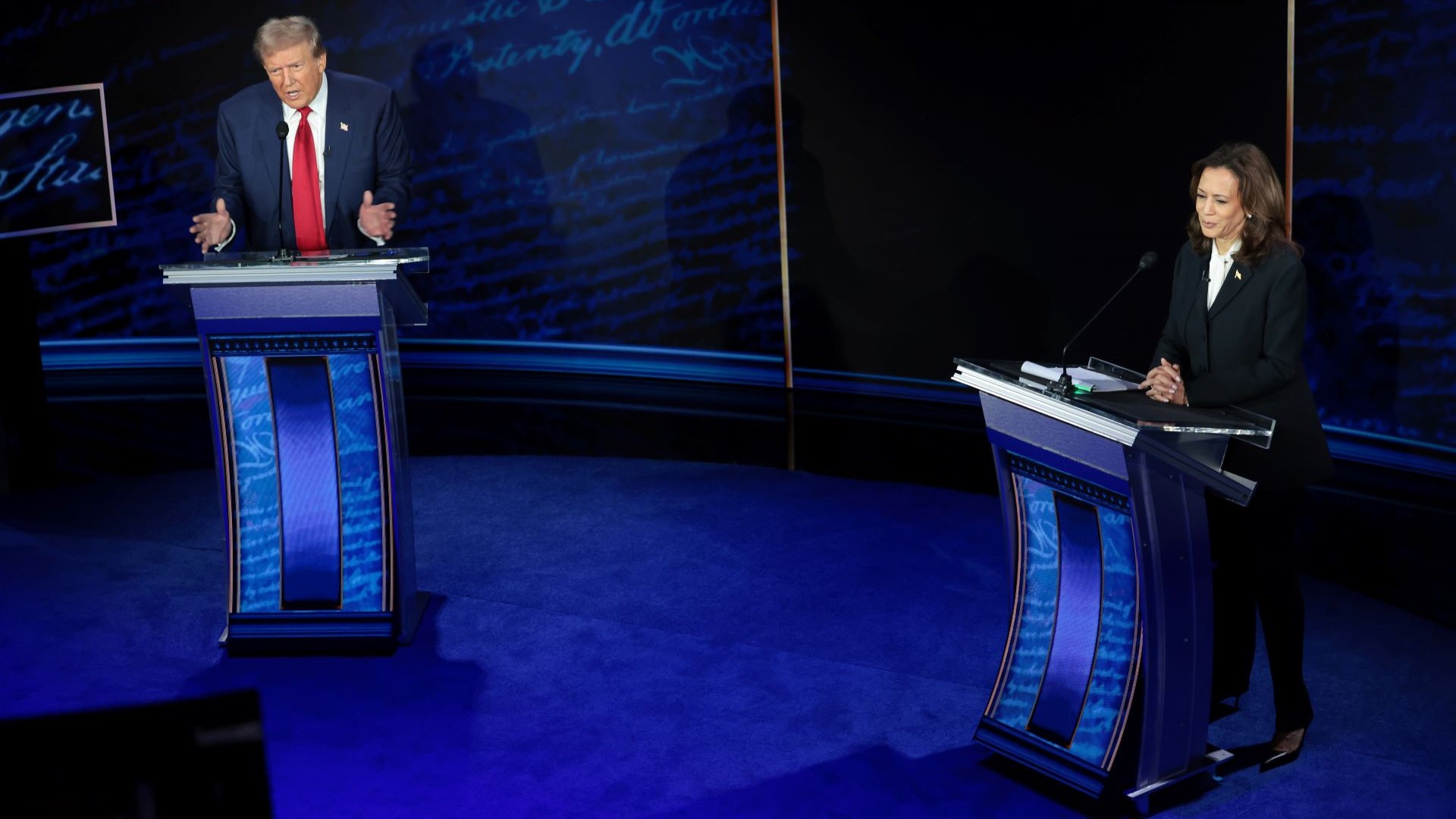

Election Day is fast approaching, and the way you vote can influence every part of your life — even your cycling experience, whether you ride to work or race on the weekends.
We reached out to the nation’s leading bicycling advocacy groups to learn what each presidential candidate – Donald Trump and Kamala Harris– brings to the table for bicyclists.
While neither candidate explicitly addresses any bicycling-related policies in their platforms, there are several legislative acts and trade proposals that could significantly influence the future of bike infrastructure, e-bike adoption and safety, and domestic production. Here’s a breakdown of the policies that are most likely to affect cyclists and the cycling industry.
There’s a lot at stake and active engagement in both national and local elections is crucial. PeopleforBikes and the League of American Bicyclists urge voters to thoroughly research their options and ensure their voices are heard—so hop on your bikes and cast your votes on Election Day, Tuesday, November 5.
What’s at Stake for Cyclists in the 2024 Presidential election?
Bicycling Infrastructure and Safe Streets
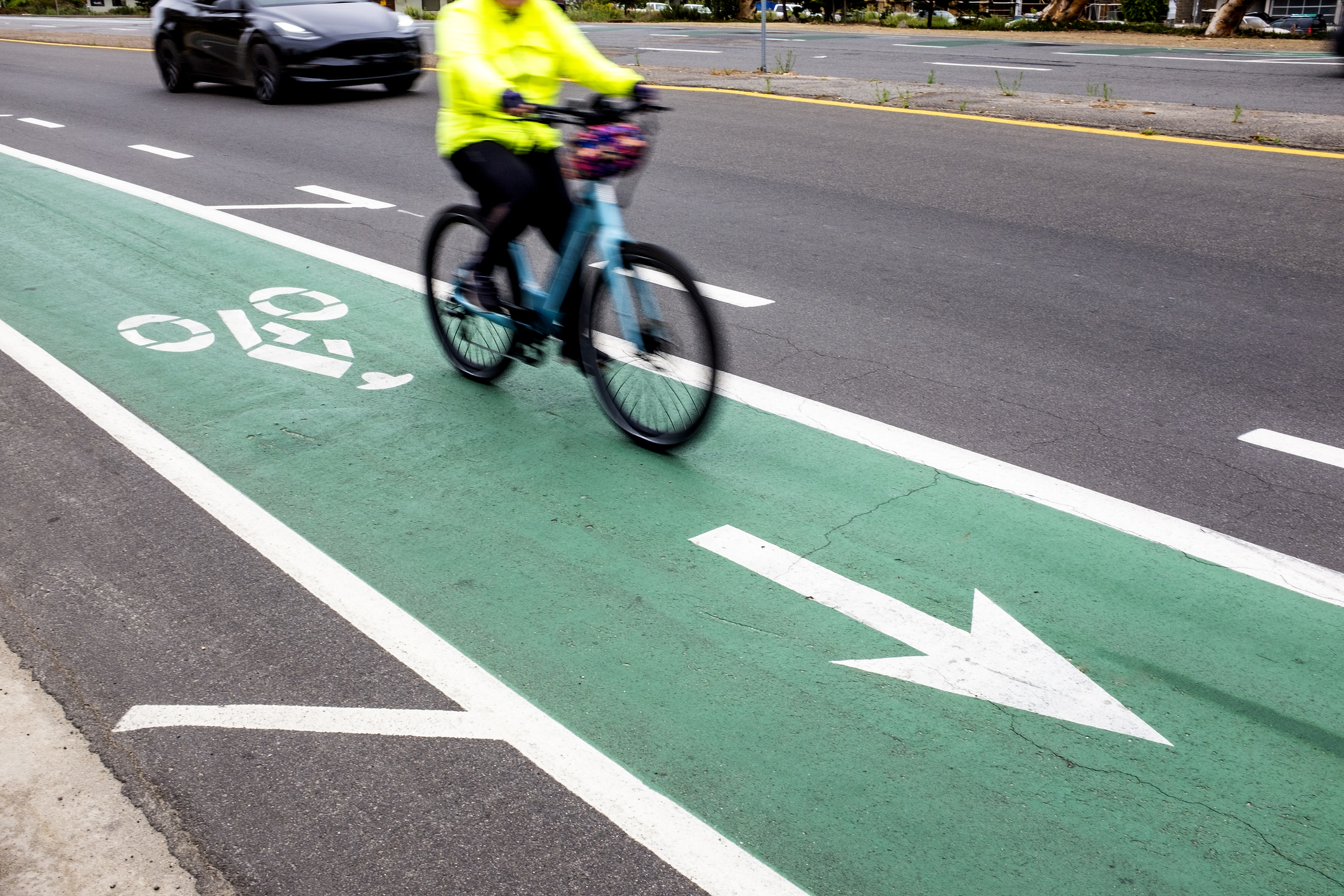
With road safety at a critical low, the need for well-funded, effective transportation projects is critical. Neither candidate has made road safety a top priority, but here’s what policy experts have gleaned from their proposals and public statements on transportation policy.
Trump’s Project 2025 infrastructure agenda prioritises broad deregulation and private investment, believing that reducing government oversight and encouraging private funding will spur economic growth. Historically, this approach has favoured larger-scale projects like highways and bridges that cater to automobiles with less emphasis on biking, walking or transit initiatives.
As Caron Whitaker, Deputy Executive Director of the League of American Bicyclists, puts it, “Basically, what [Project 2025] says is that bicycling and walking funding is not a federal issue and should not be covered under a federal bill. In 2023, we saw roughly 1. 2 billion dollars go to biking and walking infrastructure. [Trump’s approach] would say no more of that.”
Get The Leadout Newsletter
The latest race content, interviews, features, reviews and expert buying guides, direct to your inbox!
Transportation has not been a focus of Vice President Harris’ campaign. However, her alignment with climate initiatives means she has shown support for transit funding that intersects with environmental goals. Additionally, Harris has supported projects that address public safety and multimodal transport, indirectly benefitting cycling infrastructure by promoting complete streets and urban renewal projects that include bike-friendly components.
It all hinges on Congress
Ultimately, much of the direction on infrastructure will hinge on Congress.
The Bipartisan Infrastructure Law (BIL), or Infrastructure Investment and Jobs Act (IIJA) as it’s officially known, was signed into law by President Joe Biden in 2021. The law represents a major investment in U.S. infrastructure, including transportation systems, water resources, energy infrastructure and job creation, with $550 billion in new spending over five years. It is set to expire in 2026, meaning that the next Congress will have tremendous influence over the future of federal bike infrastructure funds.
Whitaker said that protecting these funds is one of the League’s primary goals.
"There's a Safe Streets for All program that was in the Bipartisan Infrastructure Law, which funded local governments to write safety plans and then to implement projects in that plan. After three of the five years, 73 percent of the U. S. population is covered by one of those planning projects,” Whitaker said.
“We want to make sure that funding is available for those projects because an increase in safety will increase bicycling. As we all know, the number one reason people don't want to bike is they don't feel safe.”
Leadership at the Department of Transportation will play a vital role, Whitaker pointed out.
Under the Trump administration, the then Secretary of Transportation Elaine Chao adopted largely a hands-off approach when it came to bike and walking infrastructure.
“In some ways, it was benign neglect,” Whitaker said. “Biking and walking was not a priority of hers, and we didn't see a lot of the discretionary grants go to biking and walking. But we also didn't see any efforts to pull back funding. We did see a lot of research development be done within Federal Highways, but mostly, things continued as normal.”
The Biden administration and Secretary of Transportation Pete Buttigieg took a more proactive approach, prioritising vulnerable user safety, which The League applauded.
Tariffs on China-made Bikes
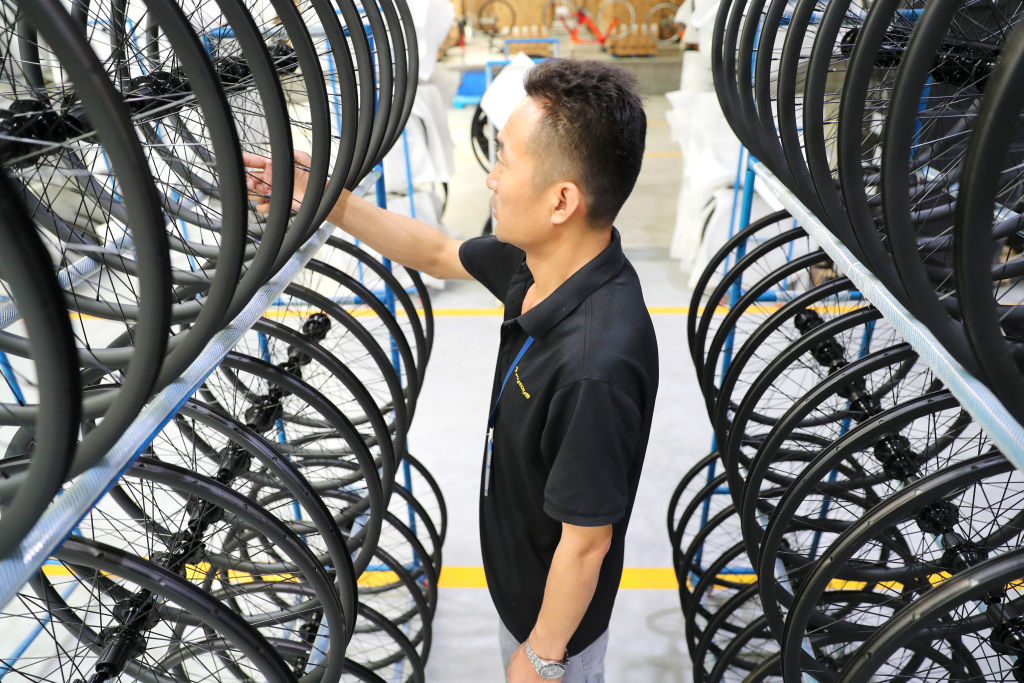
Tariff policy will be a significant factor for the bike industry. Trump and Harris both see tariffs as an essential means to bolster American industry, but their implementation strategies differ.
Trump supports broad tariffs across various imports, including a steep 60% on Chinese products. In 2022 alone, the U.S. imported more than $2.2 billion worth of bicycles, with the majority coming from China. For years, bicycles and e-bikes were exempt from these tariffs, but the exclusions expired in June 2023. Hoping to circumvent these steep taxes, bike and component manufacturers are taking their production to other Asian countries.
However, the lack of a Generalised System of Preferences (GSP) reauthorisation means that products from these countries are still subject to steep tariffs. The GSP is a trade program established by developed countries to promote economic growth in developing countries by allowing certain products to enter their markets at reduced tariffs. Without GSP benefits, bicycles and bike accessories from eligible developing countries do not receive the tariff relief they might otherwise qualify for, increasing costs for U.S. importers and consumers.
People for Bikes is lobbying Congress to reinstate GSP, hoping to ease financial pressures on the industry and keep consumer prices from skyrocketing.
“The GSP reauthorisation is probably one of the fastest and most effective ways that the new administration could influence the bike industry,” said Matt Moore, General and Policy Counsel for PeopleforBikes.
Harris also favours some tariffs to protect American manufacturing but advocates for a more targeted approach, aiming tariffs at industries with the greatest potential for domestic production growth rather than across-the-board measures.
Relief for American Bicycle Manufacturers
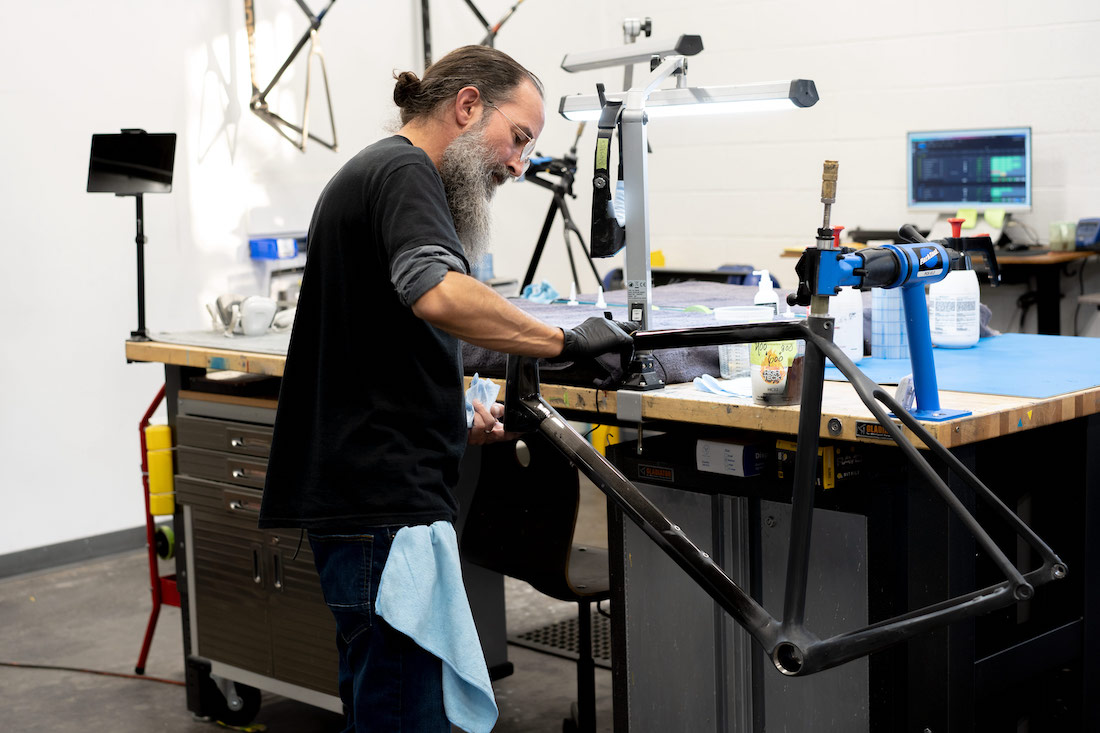
For American bike manufacturers who rely on the international supply chain for materials and components, recent legislation aims to provide targeted relief.
Congressman Earl Blumenauer’s proposed Domestic Bicycle Product Act takes a three-pronged approach to protecting and reinvigorating U.S. bike manufacturing by implementing a tariff suspension on imported bicycle components, creating an e-bike production tax credit, and offering low-interest loans to bicycle manufacturers for purchasing manufacturing equipment.
“We used to make a lot of bicycles in the United States. In fact, we were able to supply every bicycle needed in the United States from domestic production. That ended when the government would not support the domestic industry against foreign competition,” commented Matt Moore. “We're hopeful that will change along with a lot of other industries, like steel production, computer chips, solar panels.”
E-Bike Policy and the Push for Federal Tax Credits
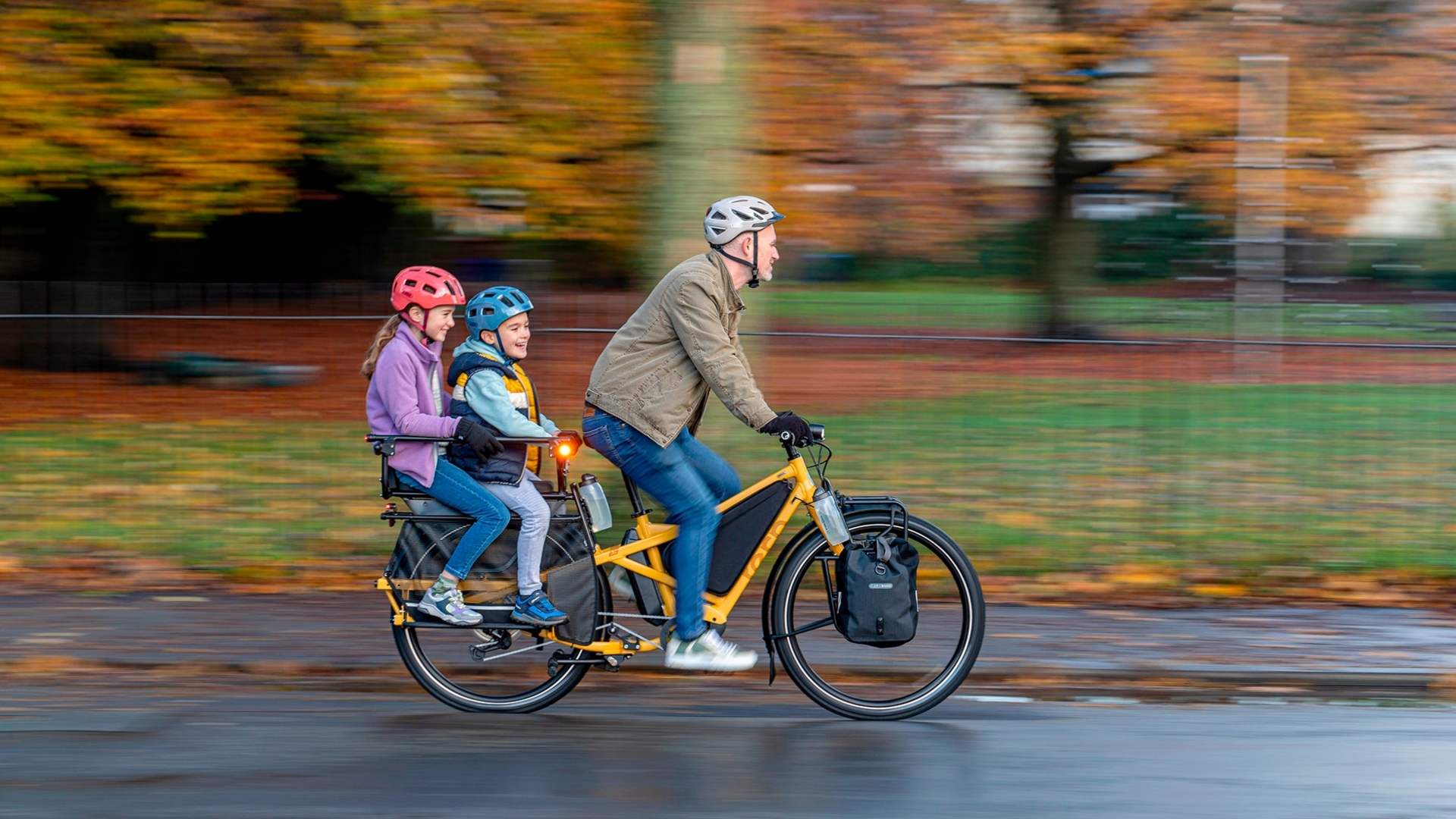
While the e-bike market is growing rapidly, federal support for e-bike tax credits has been inconsistent. While incentives for electric vehicles were included in the Bipartisan Infrastructure Law, proposed e-bike tax credits were removed before the bill's passage.
Both bike lobbying groups support the E-BIKE Act, which would establish a federal tax credit for e-bike purchases, similar to existing incentives for electric vehicles. The bill is now under consideration, primarily supported by Democrats with limited Republican backing.
Neither presidential candidate has specifically addressed e-bike policies in their campaigns, but Harris has, however, been generally supportive of green initiatives and infrastructure that include sustainable transportation, which could encompass e-bikes indirectly.
De Minimis Loophole & The Problem with Imported Bike Batteries
There has been a growing concern over the safety of cheap, imported e-bike batteries, which have been responsible for an alarming amount of fires.
Moore explained that many of these batteries and electronic components fall under the “de minimis” threshold, which allows goods valued under $800 to bypass formal customs checks.
Both Trump and Harris have expressed interest in reforming this loophole to improve product safety, as it poses risks not only for product safety but also for screening imported goods for illicit substances.
Vote for bikes
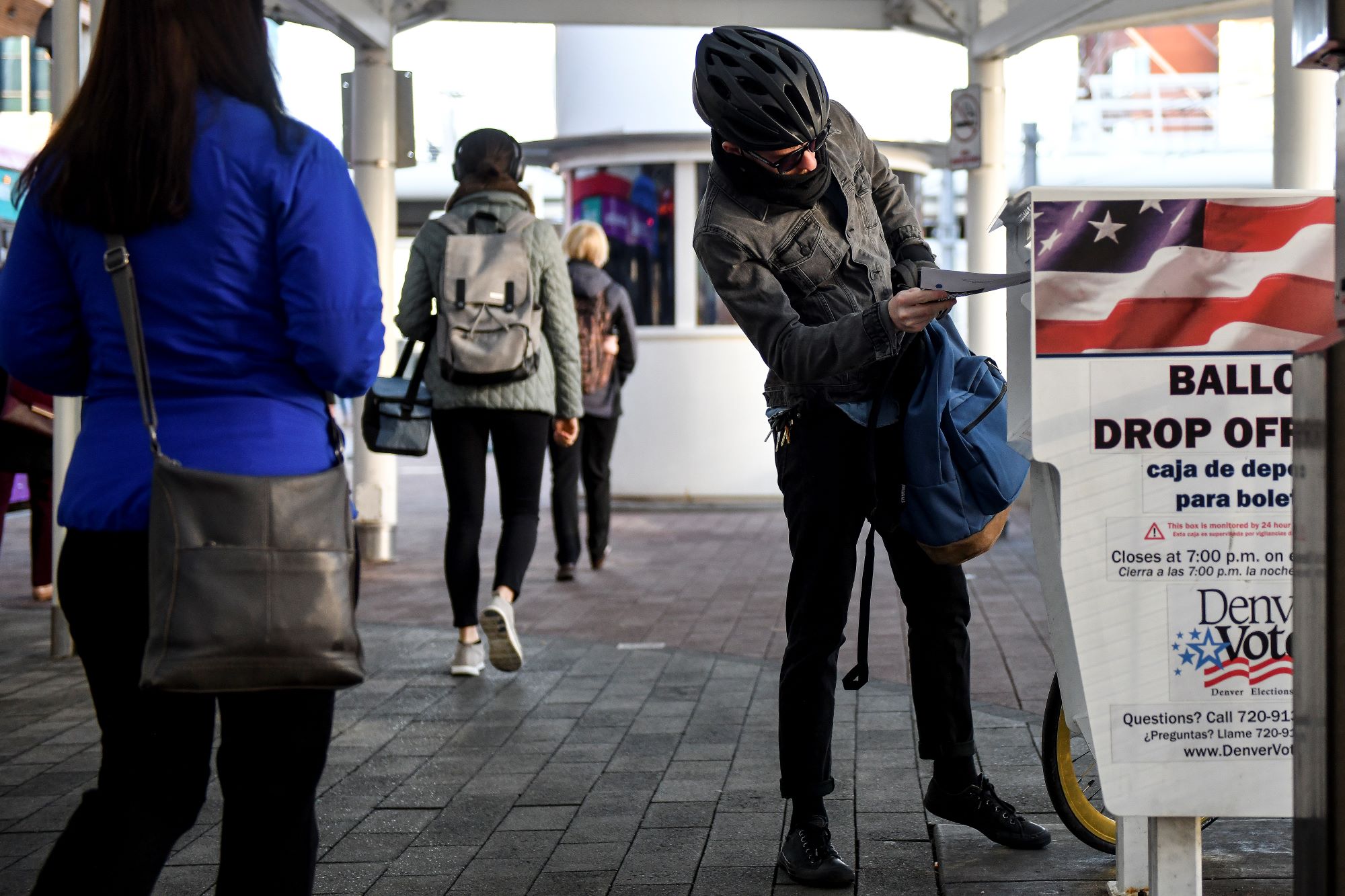
Beyond the presidential race, there is a lot at stake this November, especially at the state and local levels. PeopleforBikes estimates that as much as $25 billion in local funding for safer road infrastructure is up for grabs in various state and municipal ballots across the country. (See a state-by-state guide here).
“People should get out and vote. And if they have the opportunity to vote for bikes, we strongly encourage them to do so,” said Moore

Thank you for reading 20 articles this month* Join now for unlimited access
Enjoy your first month for just £1 / $1 / €1
*Read 5 free articles per month without a subscription

Join now for unlimited access
Try first month for just £1 / $1 / €1

Cycling Weekly's North American Editor, Anne-Marije Rook is old school. She holds a degree in journalism and started out as a newspaper reporter — in print! She can even be seen bringing a pen and notepad to the press conference.
Originally from the Netherlands, she grew up a bike commuter and didn't find bike racing until her early twenties when living in Seattle, Washington. Strengthened by the many miles spent darting around Seattle's hilly streets on a steel single speed, Rook's progression in the sport was a quick one. As she competed at the elite level, her journalism career followed, and soon, she became a full-time cycling journalist. She's now been a journalist for two decades, including 12 years in cycling.
-
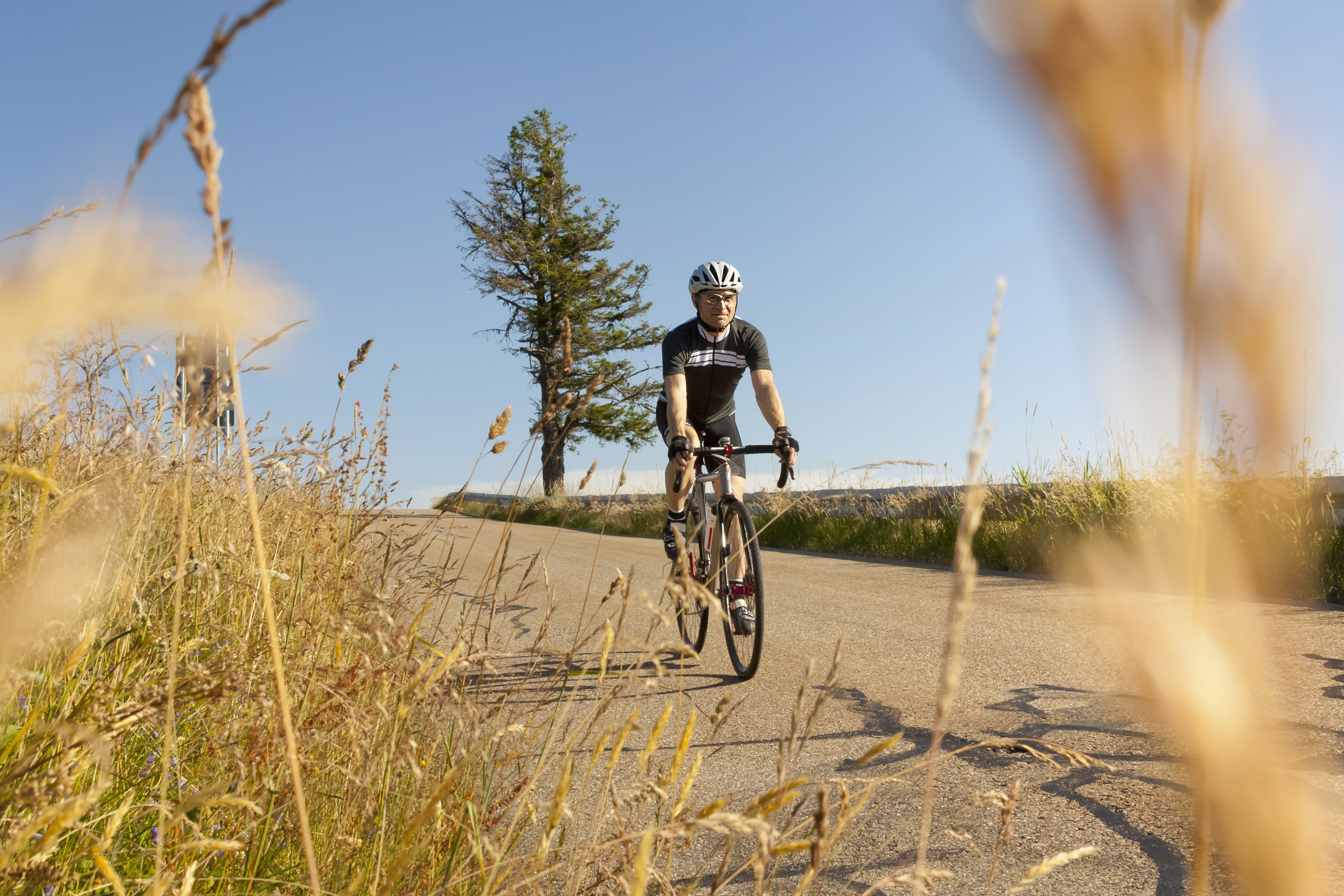 Hayfever and your riding: how to combat it as the pollen strikes
Hayfever and your riding: how to combat it as the pollen strikesExplanations, medications and holistic measures to make your spring and summer riding more enjoyable
By James Shrubsall
-
 I went to Paris-Roubaix Femmes and was shocked at how it is still treated as secondary to the men’s race
I went to Paris-Roubaix Femmes and was shocked at how it is still treated as secondary to the men’s raceThe women’s version of the Hell of the North is five years old, but needs to be put more on equal footing with the men
By Adam Becket
-
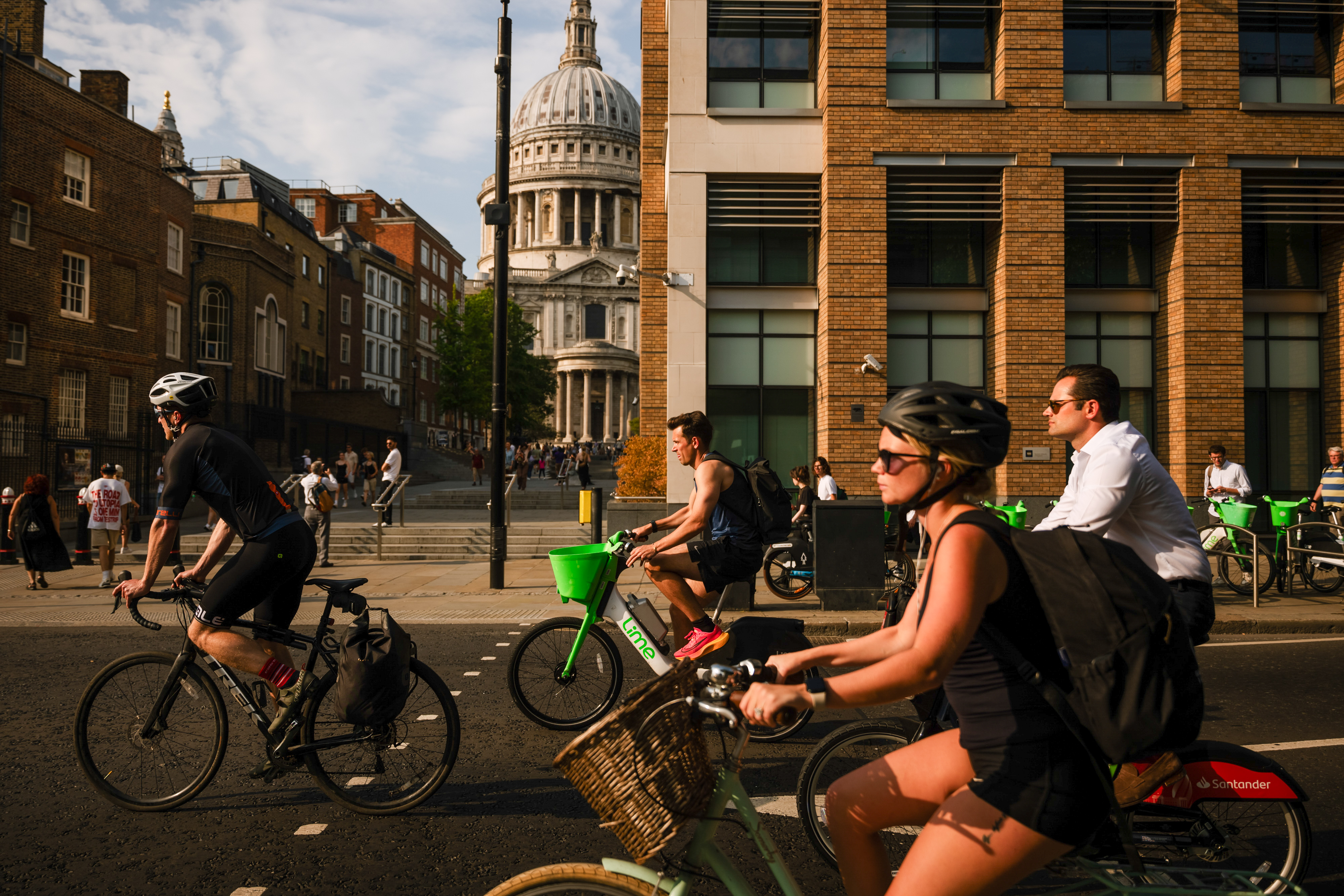 Labour government's promise for 'unprecedented levels of funding' for cycling welcomed
Labour government's promise for 'unprecedented levels of funding' for cycling welcomedThe new transport secretary, Louise Haigh, said safe cycle routes were "essential", with the news praised by cycling charities
By Adam Becket
-
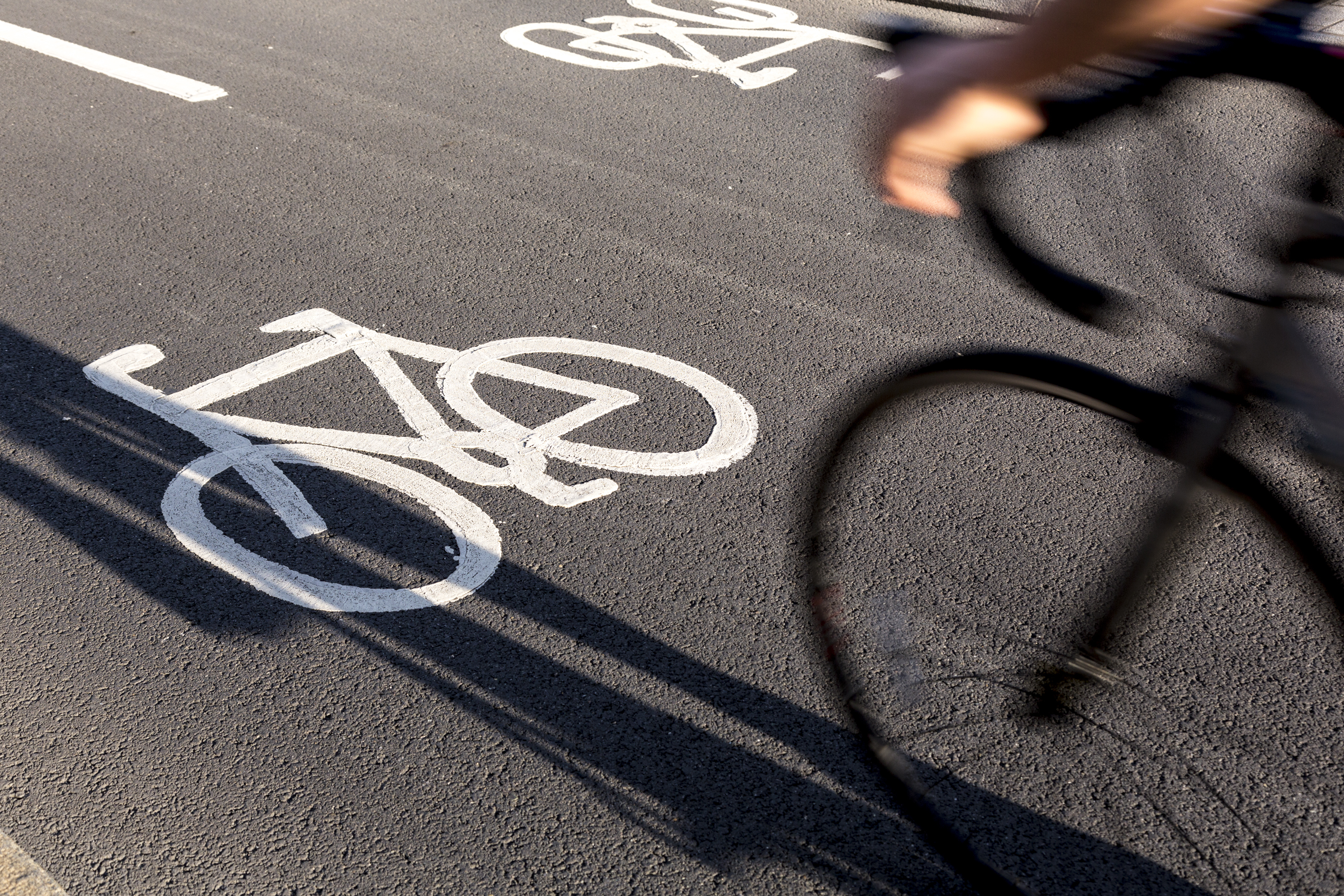 Dangerous cycling laws delayed in UK as general election called
Dangerous cycling laws delayed in UK as general election calledWith a new government weeks away, plans to introduce new laws for cyclists will have to wait
By Adam Becket
-
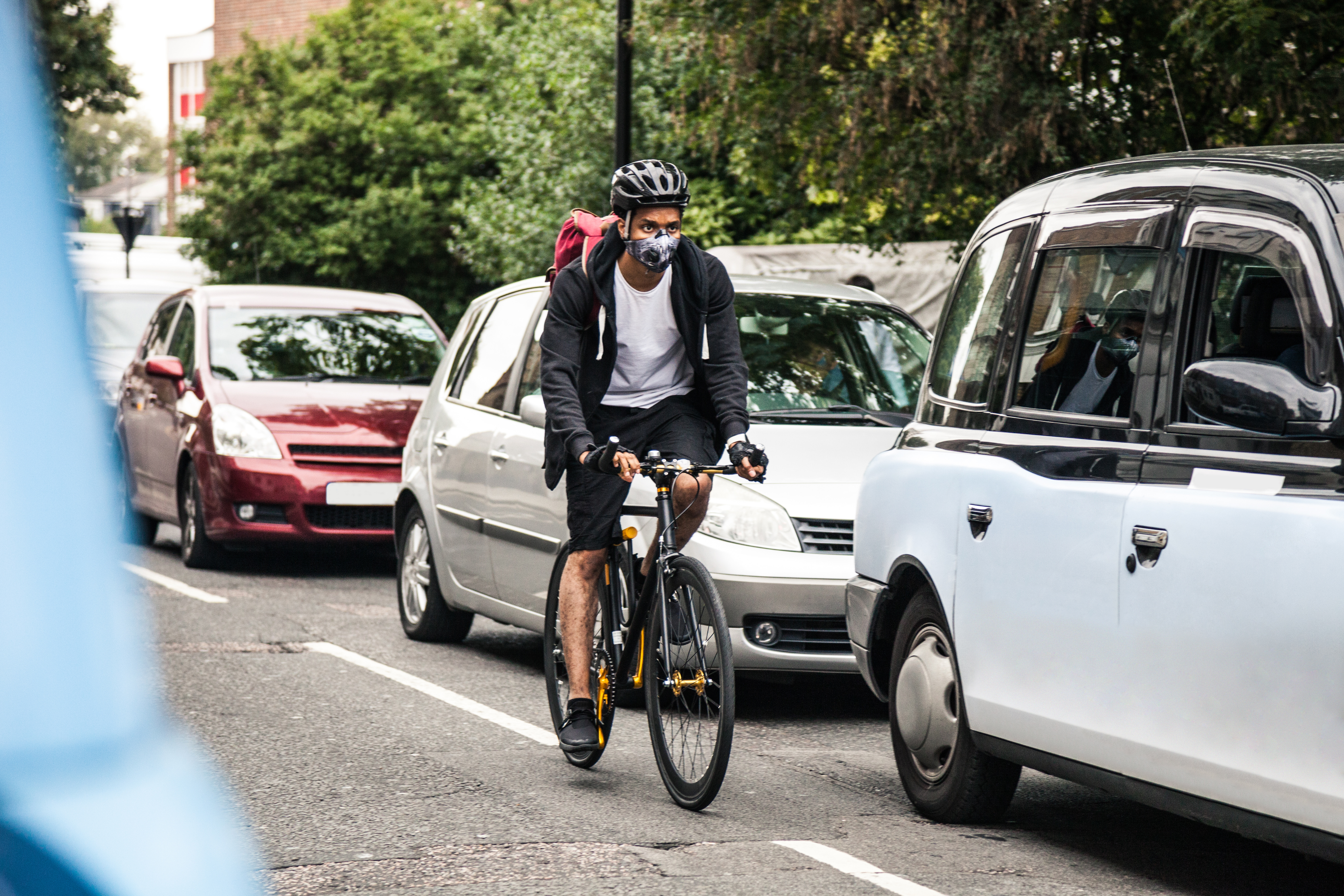 Double the maximum time spent in prison for drivers who hit cyclists, parliamentary report says
Double the maximum time spent in prison for drivers who hit cyclists, parliamentary report saysMaximum sentence for dangerous driving should be increased from two to four years as British Cycling calls for end to "hazardous leniency"
By Adam Becket
-
 Plans to introduce new 'death by dangerous cycling' law 'frustrating in isolation'
Plans to introduce new 'death by dangerous cycling' law 'frustrating in isolation'Transport secretary Grant Shapps says law will tackle "selfish minority" of cyclists
By Adam Becket
-
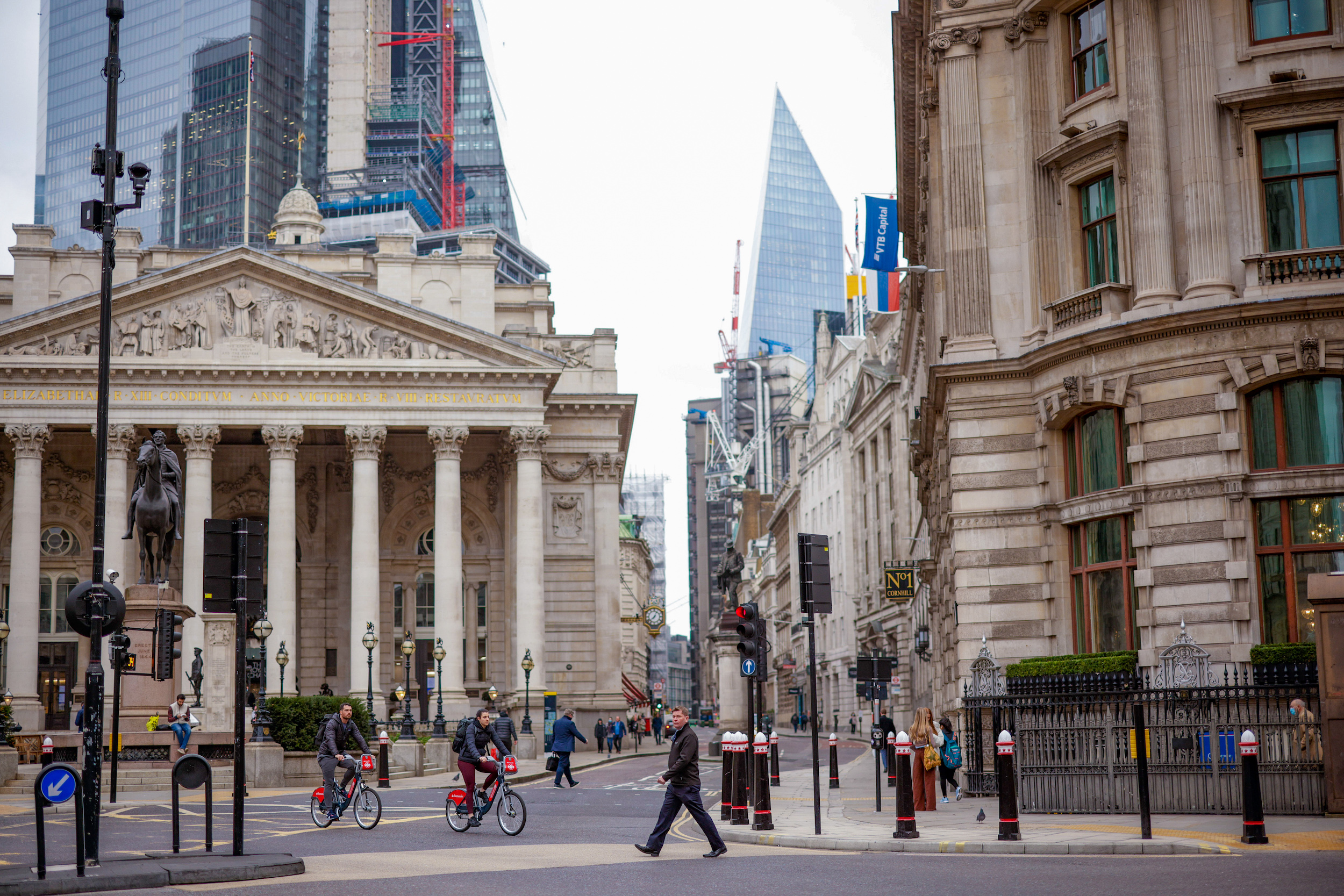 Petition for number plates and enforced cycle lane use fails: measures 'at odds' with plans to boost cycling
Petition for number plates and enforced cycle lane use fails: measures 'at odds' with plans to boost cyclingIn response to a petition, government say a licensing system would reduce the number of people cycling
By Adam Becket